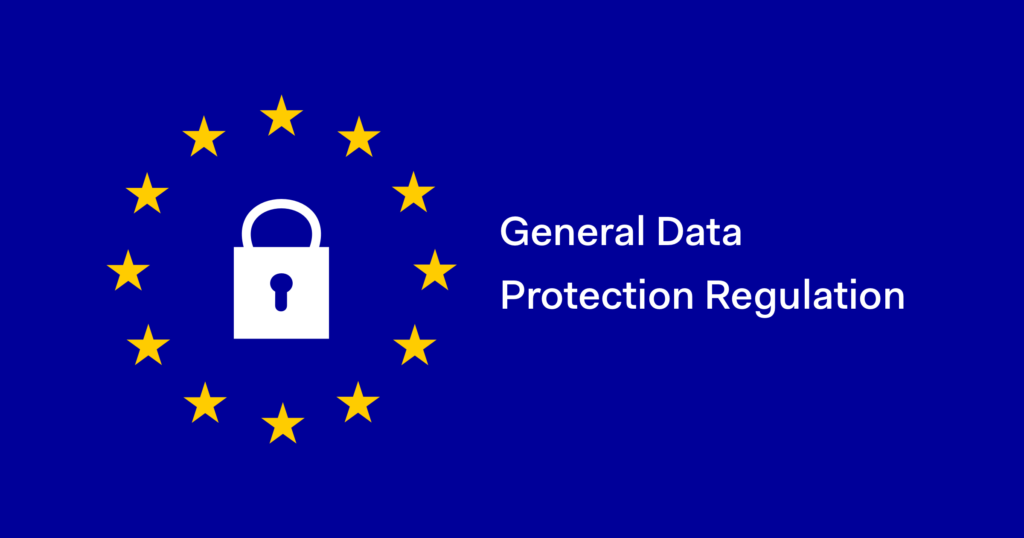
Willem van Lynden on the right to be forgotten
The right to forget. People have had the right to be forgotten process by search engines for three years now. On the occasion of this Willem van Lynden launched a telephone helpdesk, because a lot is still unclear. We speak to him.
Hello William. You are the owner of online reputation agency MediaMaze. What exactly does your company do?
We work for our customers to improve the online image in the search results. We provide search results that the persons or companies in question are selling, which are therefore positive. The starting position can be a dull, meaningless online reputation, or a downright negative, damaged online reputation. We achieve results for our clients by means of specialized SEO techniques, good online PR and the right to forget .
The right to forget is still unknown to many people. Can you explain what it means?
The right means that natural persons (i.e. not companies) have the right that data processors (such as Google) must deal with requests related to the blocking of search results that harm the privacy of the individual. They must weigh the public interest in the availability of the information against the privacy interest of the individual. Anyone can make a request, whether it is granted is another matter. It is a legal consideration. When people want to block messages that are a journalistic production, it is therefore advisable to get help with this, Google is very reluctant to approve these requests.
Does it only apply to search engines?
No, the right applies in principle to any data processor. This can also be a bankruptcy register, for example. By far the most requests are submitted to search engines. In the Netherlands alone, more than 32,000 requests have already been made, more than half of which have been rejected.
Also read: right to be forgotten service
What are requests rejected?
If the public interest of the information outweighs the individual’s right to privacy. Or because the request was substantive, which meant that Google could not assess it or could not grant it due to a lack of motivation. The former is often the case when the information is factually correct, relevant and not outdated. The Dutch Data Protection Authority says the following about this: “They have this right if the data is insufficient, no longer relevant or excessive. They can also request removal if the publication of the search results otherwise infringes and does not infringe their privacy – for example because of the role someone plays in public life.”
Are people not themselves responsible? No online activity means not being found?
Funnily enough, these are exactly the things that you can still have blocked via the right to forget (stupid photos on social media and the like). But if someone else is writing about you somewhere, it’s out of your control. In the news media and the blog environment many names are mentioned every day and the context is not always positive. The discredited director, the lawyer with a disciplinary complaint, the young professional who is confronted with a comment in a student magazine from many years ago; none of them have asked for these messages to come up when someone Googles their name.
You are the initiator of the website vergrecht.eu . What can we find there?
The latest news, background information and information about the right to forget. I think the most interesting are the cases that are discussed. These come from our own business operations and provide insight into how Google and the Dutch Data Protection Authority deal with these requests. This way you can see what actually does and does not fall under the right to be forgotten.
You recently launched a telephone helpdesk . Was there a need for that?
Yes, we have been called every day since launch. The questions vary enormously and are both procedural (how and where should I submit a request) and substantive (what qualifies, what is a strong argument). We answer everyone by phone, after which they can submit a request themselves, without any obligation on their part. If they want, we will make the requests for them, but there are costs involved.
Privacy and protection of personal data are increasingly important points in Dutch and European policy. Do you welcome this? Or not?
Absolute. More and more innovations are gradually limiting our privacy. License plate parking, perhaps soon road pricing and of course the endless storage of online messages all limit our privacy. The laws that must guarantee privacy in this respect were invariably made before the arrival of these innovations and therefore sometimes offer too little protection. By putting this higher on the agenda, we can hopefully avoid being less behind the times in the future. Because make no mistake, the right to forget is only 3 years old. That means that for more than 15 years we had no possibility of being forgotten!
What’s the latest news?
The processing of criminal personal data (“Jan Jansen suspected of fraud”) in the search results is becoming increasingly current. This year alone there have been three, somewhat conflicting, judgments from the courts. However, the public discussion about the desirability of blocking these messages has yet to be conducted. You can also be criminally prosecuted for wanting to get rid of search results, a New Yorker learned last week when he was arrested after falsifying court decisions in order to remove negative reviews about his company from the search results.
Also read: gdpr case studies